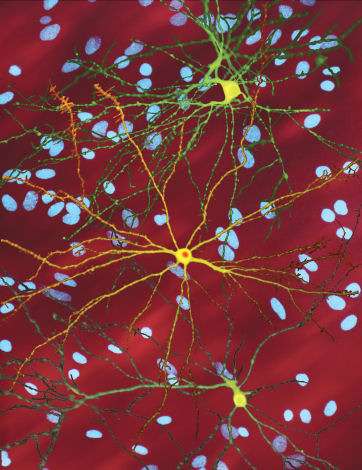Innovative Topical Gel Eases Skin Rash Side Effect from Colorectal Cancer Targeted Therapy

A groundbreaking topical gel named LUT014 has shown promising results in alleviating painful, acne-like skin rashes commonly associated with targeted therapies for colorectal cancer. This advancement stems from a Phase II clinical trial conducted by researchers at The University of Texas MD Anderson Cancer Center, which demonstrated that the gel significantly reduced rash severity and improved patients' quality of life.
The study involved 118 patients across 23 medical centers who experienced moderate to severe rashes while undergoing treatment with epidermal growth factor receptor (EGFR) inhibitors such as cetuximab and panitumumab. Participants were randomly assigned to receive either a 0.1% or 0.03% formulation of LUT014, or a placebo gel, over a 28-day period. Results indicated that 69% of patients using the higher concentration gel and 47.5% using the lower concentration experienced at least a one-grade improvement in their rash severity, compared to only 33% in the placebo group.
Most notably, patients treated with LUT014 reported better overall quality of life, despite some mild adverse effects, highlighting the gel’s ability to manage the rash without compromising cancer treatment efficacy. Currently, standard treatments like antibiotics or topical steroids offer only temporary relief, and resistance development poses additional challenges.
LUT014 is a topical BRAF inhibitor devised to target the underlying mechanism of rash development by reactivating the MAPK pathway, which EGFR inhibitors suppress. As it is alcohol-based and applied topically, it is not absorbed into the bloodstream, ensuring it does not interfere with cancer therapies. The promising results have paved the way for a Phase III trial to further assess its effectiveness.
This innovative approach not only has potential for managing side effects in colorectal cancer patients but could also be applicable for other cancer treatments affecting kinase pathways, broadening its clinical significance. The study was funded by Lutris Pharma, with researchers emphasizing the gel's capacity to improve patient outcomes while maintaining uninterrupted cancer therapy.
Stay Updated with Mia's Feed
Get the latest health & wellness insights delivered straight to your inbox.
Related Articles
Promising Advances in Gene Therapy Offer New Hope for Huntington's Disease Patients
A new gene therapy trial shows promising results in slowing Huntington's disease progression, offering hope for affected families worldwide.
The Role of Practice Nurses in Enhancing Contraception and Abortion Access in Australia
New research emphasizes the potential of practice nurses to improve access to contraception and abortion services in Australia through better training, policy support, and expanded roles in primary care.
Uncovering Hidden Opportunities for Collaboration in End-of-Life Care
A groundbreaking study reveals hidden collaboration opportunities between healthcare professionals and family caregivers during end-of-life care, aiming to improve support and emotional well-being.
Slight Increase in Texas Measles Cases Reaches Over 720
Texas faces a rising measles outbreak with over 720 confirmed cases. Health officials stress vaccination and containment efforts to curb the spread of this highly contagious virus.



